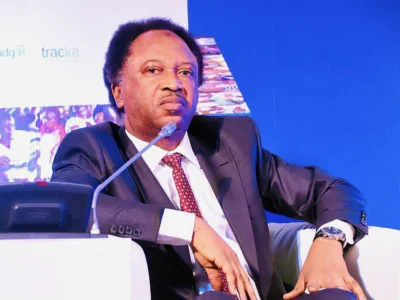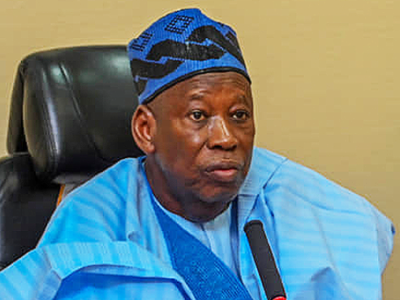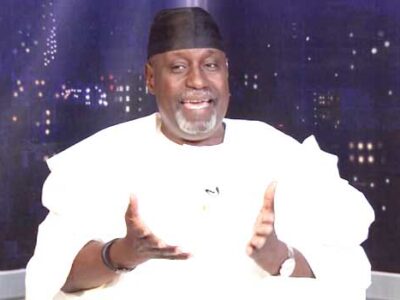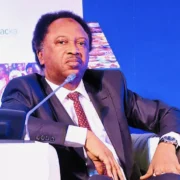ABUJA — A proposed bill to establish the National Council of Traditional Rulers of Nigeria has triggered a wave of backlash across the country, as prominent regional groups, traditional institutions, and individual voices condemn a contentious clause that would permanently place the Ooni of Ife and the Sultan of Sokoto above all other monarchs in the nation.
While the bill, sponsored by Senator Simon Bako Lalong (Plateau South), passed its second reading in March with the aim of constitutionally recognising the roles of traditional rulers, critics say the provision granting permanent co-chairmanship to the two monarchs is “divisive, undemocratic, and a threat to Nigeria’s federal character.”
The apex Igbo socio-cultural group, Ohanaeze Ndigbo, in a strongly worded statement by its National Publicity Secretary, Dr. Ezechi Chukwu, described the clause as “unjust, ethnocentric, and a direct affront to equity, fairness, and the federal character principle.” The group warned that the arrangement would marginalise other prominent monarchs from the South-East, South-South, and Middle Belt, urging the Senate to withdraw the bill and restructure it to reflect Nigeria’s pluralism.
Similarly, the Middle Belt Forum (MBF) rejected the elevation of the Sultan, arguing that historically, culturally, and constitutionally, several Middle Belt monarchies — including the Attah of Igala, the Tor Tiv, and the Etsu Nupe — predate and outrank the Sokoto Sultanate in traditional standing. The MBF further emphasised that the Sultan is primarily a religious leader, not a secular monarch, warning that the arrangement would alienate non-Muslims and tilt the council towards religious bias.
The Concerned Hausa Stakeholders also kicked against the proposal, stressing that the Sultan does not represent the Hausa nation in a cultural sense and that Nigeria is not a two-ethnic federation of Fulani and Yoruba. They noted that other ancient monarchies such as the Shehu of Borno, Obi of Onitsha, and the Oba of Benin predate both the Ooni and Sultan in historical legitimacy.
From the South-East, the Alaigbo Development Foundation (ADF) labelled the bill “provocative and subjugative,” warning that Igbo lawmakers must reject it to safeguard regional interests.
Criticism has also emerged from within the South-West, with some Yoruba voices rejecting the idea that the Ooni of Ife could speak for the entire Yoruba nation. University lecturer Femi Adebowale insisted that the Alafin of Oyo historically outranks the Ooni, while other critics questioned why first-class monarchs like the Oba of Benin should be subordinated.
Opponents across the board are calling for a rotational or democratically elected chairmanship for the proposed council, ensuring equitable representation of all Nigeria’s ethnic and cultural groups. Many warn that unless amended, the bill could deepen ethnic fault lines rather than foster unity.
The Senate Committee on Establishment and Public Service is currently reviewing the proposal, but resistance from nearly every geopolitical zone suggests a turbulent path ahead for the bill in its present form.




















Comments